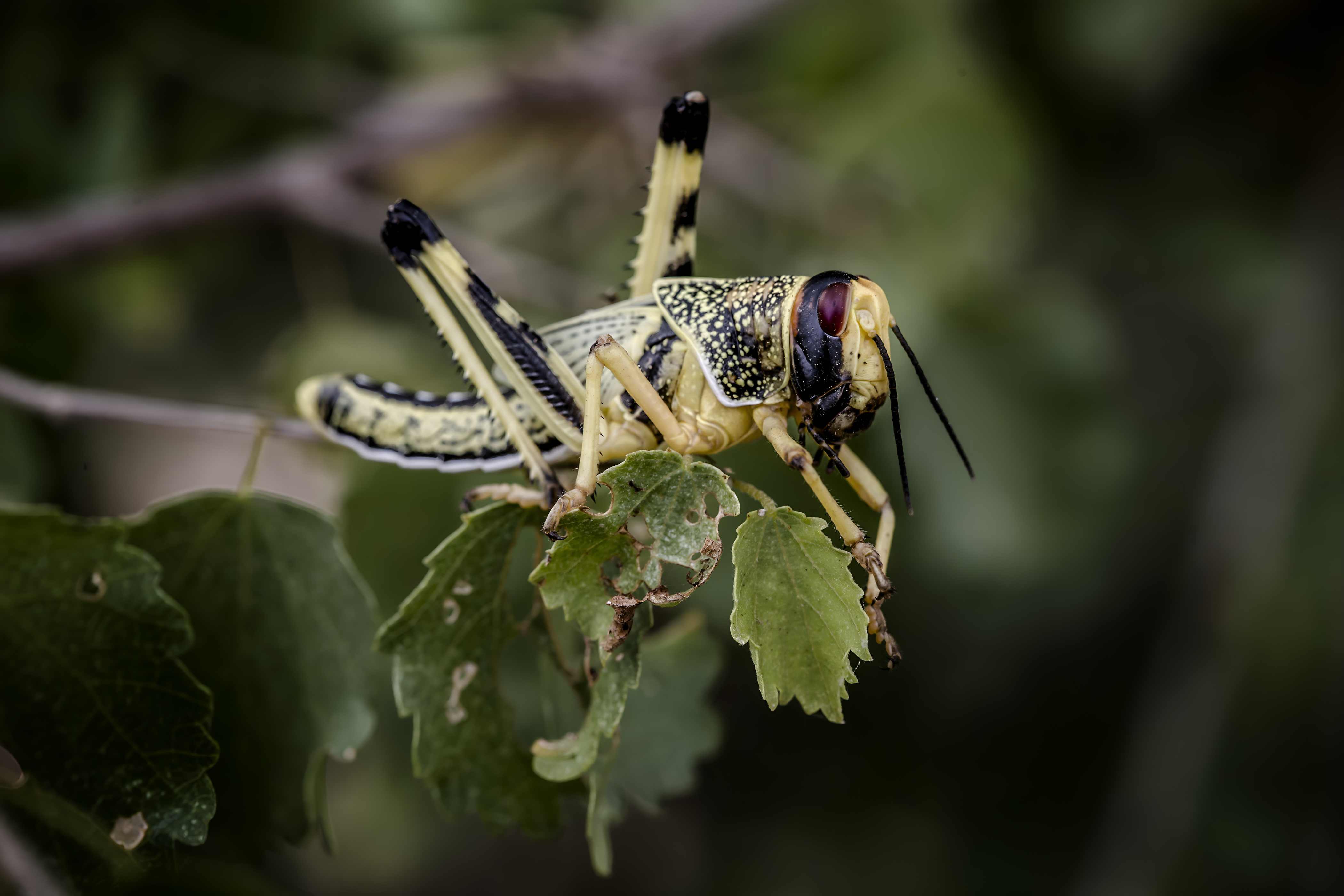Desert locust outbreaks that began earlier this year continue to pose significant threats to agriculture across northwestern Africa, according to the Food and Agriculture Organization (FAO).
The FAO reports that adult groups, small swarms, hopper groups, and bands are present in many areas from central Algeria to Tunisia and Libya, with additional groups in Morocco, northern Chad, and Niger.
The situation remains critical, with ongoing surveys and control efforts necessary in all potential spring breeding areas to prevent further development.
In Algeria, for instance, hoppers, adults, groups, and laying have been reported in many sites across the south, center, east, and northeast, with 13,915 hectares treated between April 1 and 23.
Similarly, in Morocco, adults, laying hoppers, and groups have been observed along the Draa Wadi, leading to the treatment of 1,071 hectares during the same period.
The FAO emphasizes the importance of continued monitoring and control measures to mitigate the impact of these outbreaks.
"Surveys and controls are necessary in all potential spring breeding areas to avoid further development," the FAO stated.
Looking ahead, the FAO forecasts that spring breeding is expected to continue in Algeria, Libya, Morocco, and Tunisia.
In May, new adult groups and small swarms are likely to begin forming and eventually migrate south to the Sahel from June onwards.
Meanwhile, existing adult groups in the northern Sahel may either move north into the southern Sahara to breed during the spring or remain in place, awaiting the early summer rains.
The FAO urges all affected countries to maintain vigilance and continue their efforts to control the spread of desert locusts to protect food security and agricultural livelihoods in the region.

